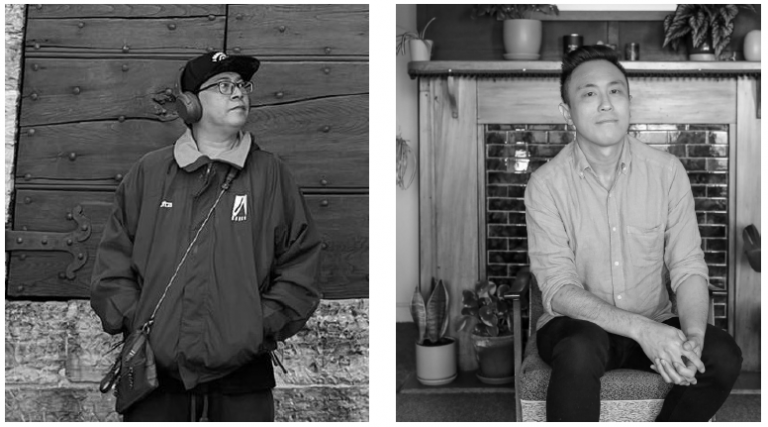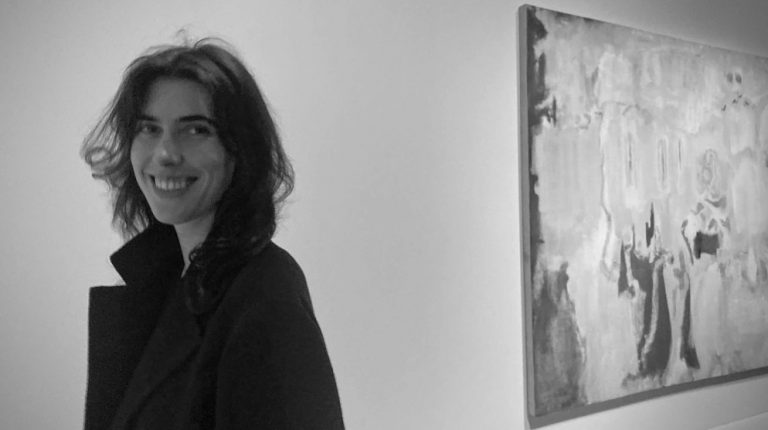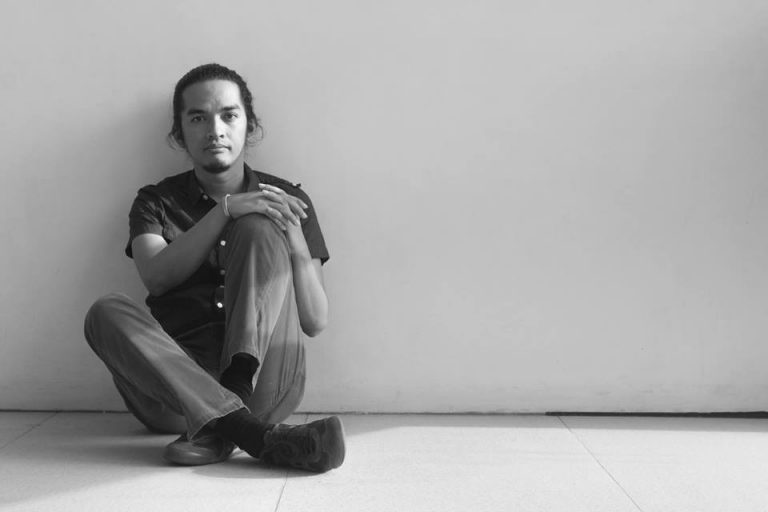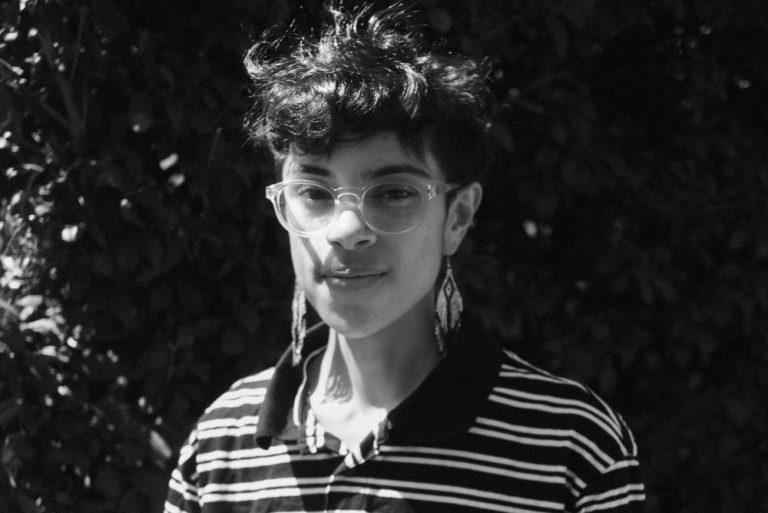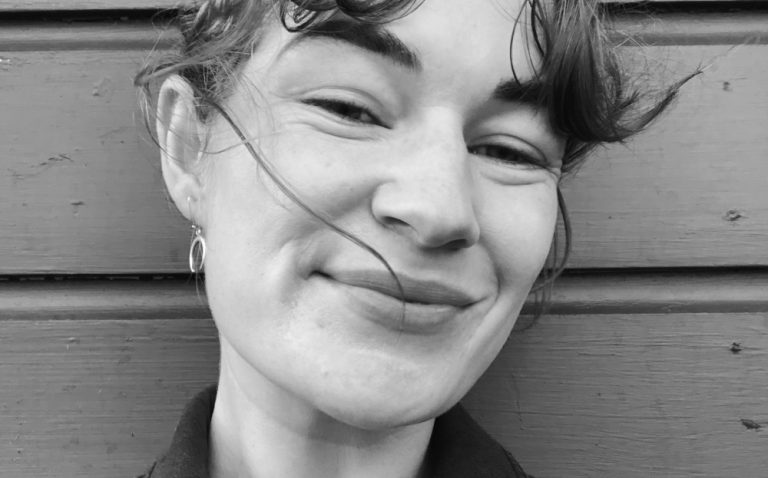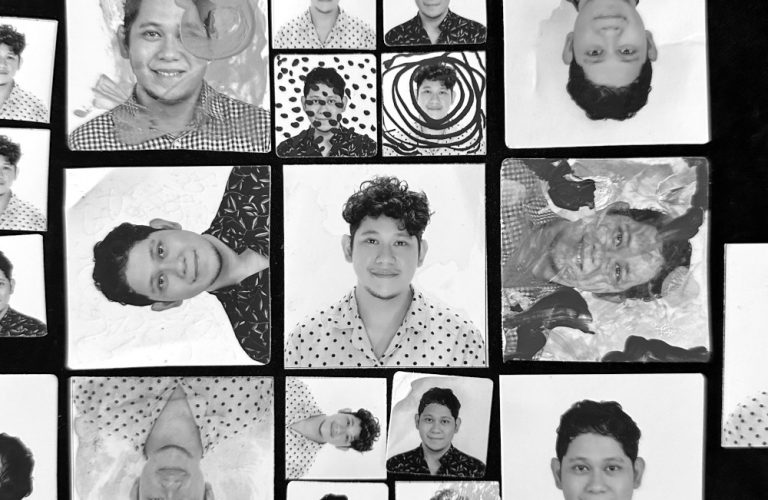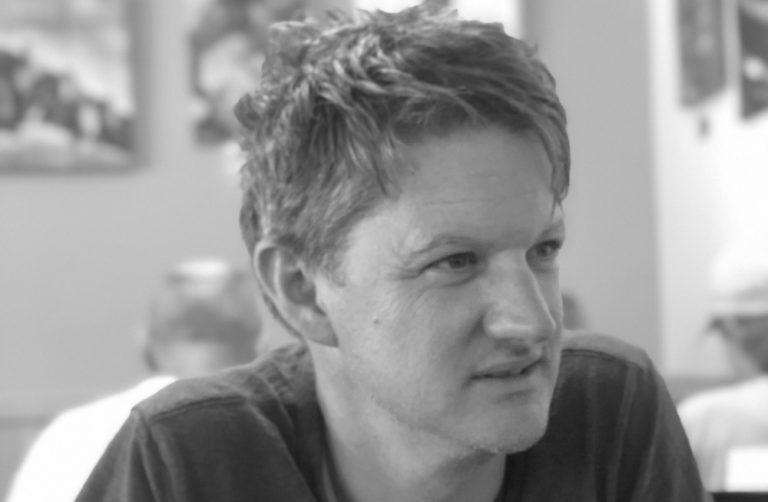ESSAYS
NO THEME 13 Editorial by Joel Toledo
It is, by itself, a privilege both for myself and Chris to be given a chance to co-edit an issue of Cordite Poetry Review. And, as I’ve been told by publisher Kent MacCarter, this is the first time Cordite has entertained and invited two non-Australian poets to select entries for the literary journal.
Recovering A Long Drive: Archaeology of a Literary Bot
Read “Recovering A Long Drive: Archaeology of a Literary Bot” in full screen.
Collecting and Curating an Antipodean Anthology: The Poesy of Louisa Anne Meredith
The long-winded title page of Louisa Anne Meredith’s last volume, Bush Friends in Tasmania (1891), attests to her eclectic experience as a prose-writer, poet, botanist and illustrator.
DIY Dick: The Infinite Invention of the Transmasculine Dick
I do not long for a dick. This comes easily to me, I don’t say it defensively. I am lucky to not long for a dick because I was assigned male at birth. As the story goes, when the doctor spilled my freshly birthed body into my mother’s arms, she held me and looked up, dopy, exhausted, into my father’s eyes and said ‘Robbie, what’s wrong with his penis?’ He replied ‘Kim, it’s a girl.’
NO THEME 13 Editorial by Chris Tse
Editing this issue of Cordite Poetry Review with Joel has felt a bit like a global cultural exchange, one that has expanded and enriched our respective literary worlds in unexpected and enriching ways. I’ve relished the opportunity to read and think deeply about the poems submitted for consideration, and to get a glimpse of what is occupying the hearts and minds of poets in Australia and beyond.
Beyond The Warp: Occult Poetics in H D and Robert Duncan
Modernist poetry has a fascination with occult knowledge. It is prevalent in American poet Robert Duncan’s unclassifiable book on Hilda Doolittle, the poet known as H.D. (1886-1961).
TREAT Editorial
Why the theme TREAT? Because, as I said in the call-out for submissions, ‘Who couldn’t use a treat in these difficult times?’ Though the word ‘treat’ also has other meanings, which I encouraged poets to explore.
26 Years of Accumulated Rage: A (non-exhaustive) List
All the teachers in primary school, who commented that ‘Of course you came second in cross country, Aboriginal people are really good at running fast!’.
Hoax Poetry from Plato to Antipodes: Reflecting on the Ern Malley Trial 80 Years Later Caitlyn Lesiuk
At 3:30 in the afternoon on Tuesday, 1 August 1944, Police Constable C Cameron Smith visits Max Harris, one of the editors of the literary magazine Angry Penguins, at his office in Grenfell Street, Adelaide.
Narrative consequence in Baldur’s Gate 2: A game to play on repeat for 24 years
When I talk to people who love computer games, I feel much like I imagine Gandalf must have felt when hanging out in Hobbiton – amused by the hustle and bustle of their little lives, but at the same time feeling ancient and tired in comparison, reminded of my great and terrible task that separates me from them.
The Possibility of the New: ‘Nasa sa Isip’ in Oliver Ortega’s Nasa
It must be said that Oliver Ortega’s book, Nasa (Desire), is not finished yet. The book has two parts – a diptych. The first part, ‘Nasa sa Isip (In the Mind),’ already completed, is an appropriation via translation and selection of parts containing the word moment from the books Das Kapital and Grundrisse der Kritik der Politischen Ökonomie by the German philosopher Karl Marx.
Speak, Joy: Say the Words
I am a working poet. I spend my days in search and celebration of words, a series of sounds I can weld, if I’m lucky, into insights about being human, and I confess it has never been harder to do so.
BABY Editorial
We released the call-out for BABY on 30 May 2023. We were thinking of baby projects, the spark of something new, thinking of the person who we call ‘baby’, thinking of Liam Ferney, bard of the bubs, who writes the best baby poems this side of town.
The Linguistic Playground of Poetics: L=A=N=G=U=A=G=E Poetry and Systemic Functional Linguistics
I wasn’t entirely prepared for the Canberran rain and cold. Late November, ostensibly summer, and my last trip to the capital at the same time of year almost a decade earlier had shocked me with a week of perfect blue-skied thirty-degree days.
A Lonely Girl Phenomenology
I am following a lineage of sad and lonely girls, women who diarised or even fictionalised their sadness, knowing that their words would be scorned by the men they loved, men whose so-called serious efforts were lauded and canonised, while their own projects were dismissed as personal, histrionic.
Gender and Abject Horror: The Poetic Self
I recently woke to clothes and sheets drenched in blood. The sun, squeamish, kept its distance as I stripped off and showered. Outside, a glutinous rain fell disinfecting the streets; the bins begged and pleaded; have mercy on us. My periods have been heavy all my life though, until then, I hadn’t bled so profusely in years.
Leaving Traces of Us: Queer Coming-of-age in Anne Carsons’s Autobiography of Red
Anne Carson’s debut novel Autobiography of Red a coming-of-age narrative rendered in verse, tracing the life of a red winged boy named Geryon.
Fuck Lectures About Sonnets: On Noor Hindi
In December 2020, Noor Hindi posted a photo of her poem, ‘Fuck Your Lecture on Craft, My People Are Dying‘ on Twitter, announcing its publication in a forthcoming Poetry.
How to Be a Digital Artist in a Time of Climate Change
John Berger’s famous 1972 television series Ways of Seeing opens with an argument that visual technologies like photography, and the mechanical reproduction and distribution they enable, free pictures from the confines of their singular location.
Ambot sa Essay Kwoah: From Swardspeak to Hiligaynon, What Queering Language and Forms Means to Me
I went to this year’s Pride March with the goal of just taking pictures for this essay and going home immediately. The event was only a couple of minutes away from my apartment.
Notes on Bad Poetry
Maybe we’ll always disagree about poetry – about how it works, and what it’s for; about its modalities and affordances; about what makes a good poem; about why you might want to write or read one.
POP! Editorial
Welcome to the POP! edition of Cordite Poetry Review, in which Gatsby’s green light hovers over this text to tell you we are °º¤ø,¸¸,ø¤º°`°º¤ø σηℓιηє °º¤ø,¸¸,ø¤º°`°º¤ø, baybee.
Can Poetry Be Happy?
My uncle named his retro-fitted army van after Field Marshal Erick Von … someone. I’m hesitant to Google.

